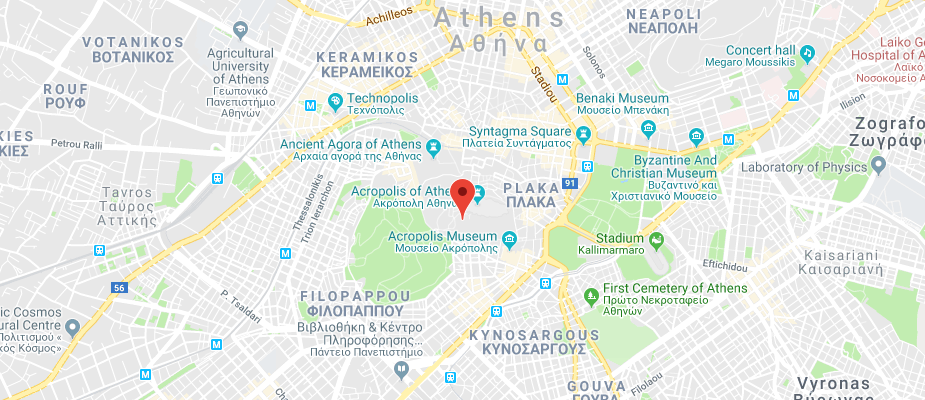Spyros Evangelatos
Amyntas
by George Mormoris
On the Greek première of Amyntas
In 1745, a free translation into colloquial Greek of Torquato Tasso’s Aminta was published anonymously in Venice. Some years ago, I had the good fortune to discover who was behind the anonymous translation: Georgios Mormoris (1720-1790), the scholar and poet from the island of Kythera.
Amyntas belongs to the commedia pastorale genre and unfolds in a forest abounding with love-struck shepherds, sheep, virginal amazons, wild beasts that surely never set foot in Europe, and mythic creatures including satyrs, dragons and gods of love. The fashion for works such as these would impact on theatre across Europe and even on Shakespeare himself (A midsummer night’s dream, As you like it and The Tempest are all pastoral comedies).
The Greek text exudes a youthful freshness, is wonderfully funny, and employs an arresting idiom which melds the colloquial Greek of the time with the Ionian idiom of Kythera and leavens the result with the learned and the humorously pseudo-learned. The production seeks to convey the feel of a dream which verges on the benignly nightmarish as often as it veers towards the farcically poetic.
Spyros Evangelatos
Related Events
Odeon of Herodes Atticus
- 08/07/2016 at 21:00
all events
Opera | Theatre | Dance | Premiere | Greek Debut
Ancient Theatre of Epidaurus | Odeon of Herodes Atticus
all venues















